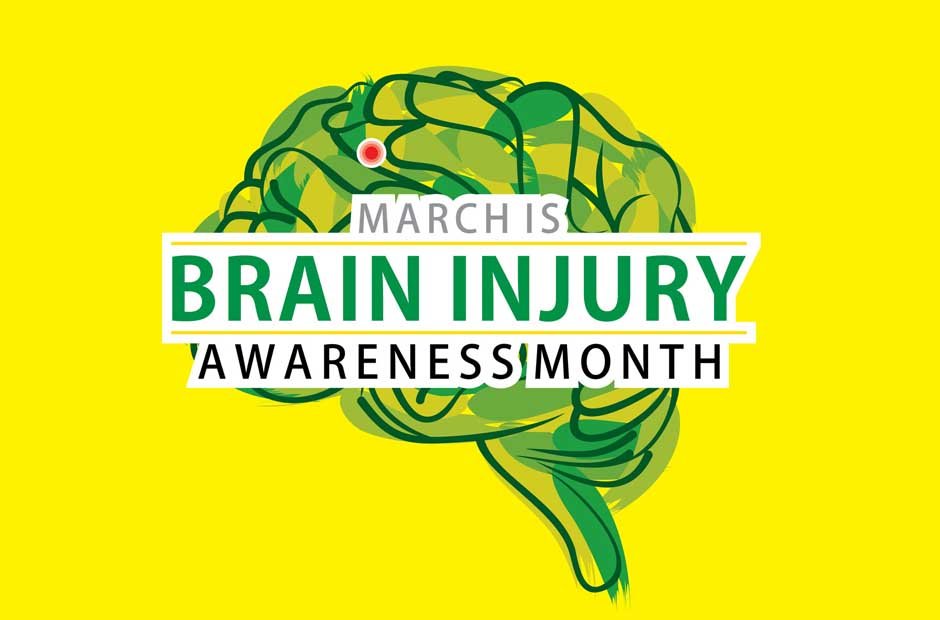March marks an essential occasion in our collective consciousness: Brain Injury Awareness Month. This dedicated period prompts us to reflect on the prevalence, impact, and prevention of brain injuries. In this blog post, we delve into why early detection is crucial in mitigating the consequences of brain injuries.
Unveiling the Scope of Brain Injuries
Before delving into the significance of early detection, it’s imperative to grasp the scope of brain injuries. These injuries can manifest in various forms, from concussions sustained during sports activities to traumatic brain injuries (TBIs) resulting from accidents or assaults. Additionally, non-traumatic brain injuries, such as those induced by strokes or tumors, also contribute significantly to the burden of neurological disorders.
Statistics offer a sobering perspective on the prevalence of brain injuries. According to the Centers for Disease Control and Prevention (CDC), approximately 214,000 traumatic brain injury-related emergency department visits and hospitalizations in the United States alone in 2020. These numbers underscore the urgency of addressing brain injuries comprehensively. Some of the common causes of a brain injury can be found here.
The Crucial Role of Early Detection
Early detection serves as a linchpin in the effective management of brain injuries. Detecting symptoms promptly allows for timely intervention, thereby minimizing potential complications and facilitating better outcomes for affected individuals. Here’s why early detection matters:
1. Preventing Secondary Damage
After sustaining a brain injury, secondary damage can ensue if appropriate measures are not promptly implemented. Early detection enables healthcare professionals to identify and address factors contributing to secondary damage, such as swelling, hemorrhage, or decreased oxygen supply to the brain. Timely interventions can help mitigate these risks and prevent further harm.
2. Facilitating Timely Treatment
Prompt identification of brain injury symptoms facilitates timely access to treatment and rehabilitation services. Whether it involves neuroimaging studies to assess the extent of damage or initiating therapies to promote recovery, early detection expedites the commencement of appropriate interventions. This, in turn, enhances the prospects of functional recovery and improves the overall prognosis for individuals with brain injuries.
3. Enhancing Long-Term Outcomes
Early detection sets the stage for comprehensive management strategies tailored to the unique needs of each patient. By addressing cognitive, physical, and psychosocial aspects early on, healthcare providers can optimize rehabilitation outcomes and promote long-term well-being. Additionally, early detection allows for the implementation of preventive measures to mitigate the risk of recurrent injuries or complications, thus fostering a healthier future for individuals affected by brain injuries.
Promoting Awareness and Empowerment
In light of Brain Injury Awareness Month, raising public awareness about the importance of early detection is paramount. Educational initiatives, advocacy campaigns, and community outreach efforts play a pivotal role in empowering individuals to recognize the signs and symptoms of brain injuries promptly. By fostering a culture of vigilance and proactive engagement, we can collectively contribute to reducing the burden of brain injuries and improving the quality of life for those affected.
Spread Awareness, Mitigate Brain Injuries
Brain Injury Awareness Month serves as a poignant reminder of the challenges posed by brain injuries and the imperative of early detection. By recognizing the signs, advocating for timely interventions, and fostering a supportive environment for affected individuals, we can make meaningful strides towards mitigating the impact of brain injuries on individuals, families, and communities alike. Let us seize this opportunity to reaffirm our commitment to promoting brain health, enhancing access to care, and championing the cause of those affected by brain injuries. Together, we can pave the way for a future where early detection is not just a priority but a standard practice in safeguarding neurological well-being.
















